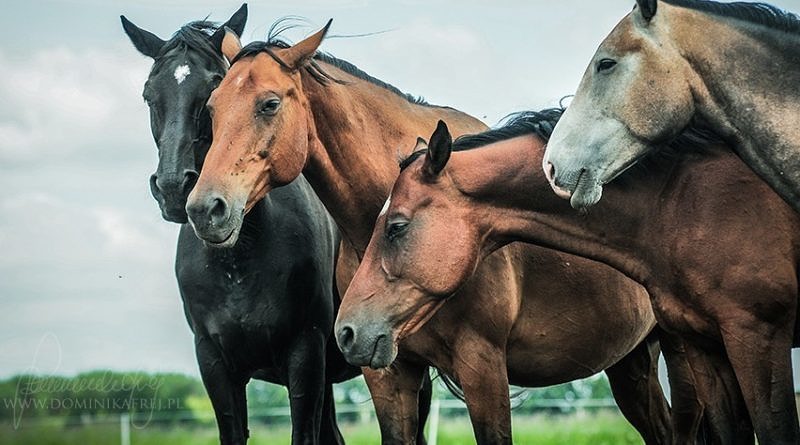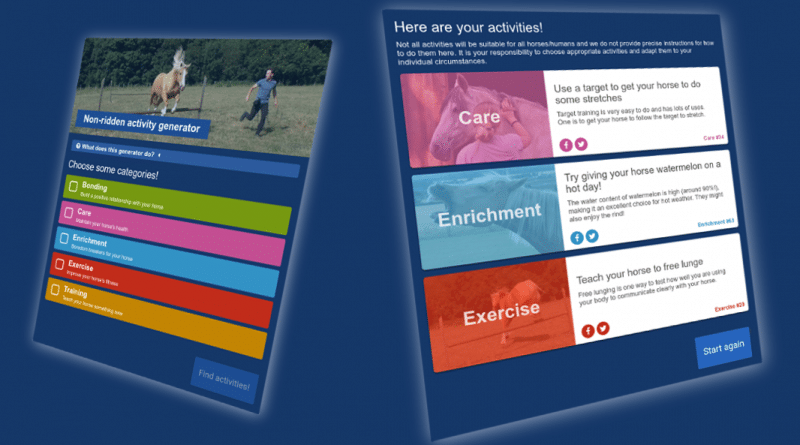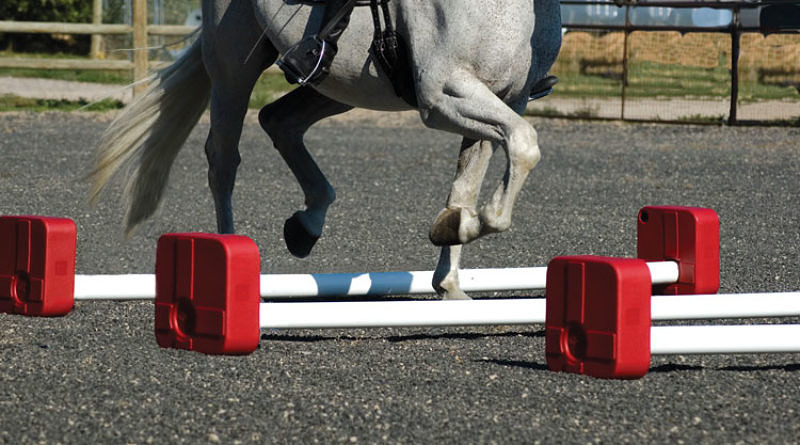The Three Principles: Empathy, Patience & Persistence
Learn about the three key principles of Combination Horsemanship that come into play time and time again: Empathy, Patience, and Persistence
Combination Horsemanship is all about learning to choose the very best approach to training and behavioural problem-solving for a specific horse. Every horse is different so a single method can’t possibly work in every single situation!
But there are three key principles that come into play time and time again when assessing a horse/handler situation and then applying the chosen approach: Empathy, Patience, and Persistence.
Empathy
While humans are generally quite good at empathy, even when dealing with humans they sometimes make mistakes. Empathising with a horse is a lot more difficult – it is not enough to empathise with horses as if they were human – we need to empathise with them as if we were horses! We need to see the world from a horse’s perspective to understand what they care about and what they don’t, how they understand our behaviours and so on. Only with this understanding is it possible to arrive at positive solutions that take into account the needs and happiness of both horse and rider.
Patience
One of the hardest things to learn as a human is to be patient when it is required. Our tendency is to try and put off dealing with an issue rather than taking the time to deal with it fully. Instead of having difficulties day-in day-out it is much better, for you and your horse, to devote an hour or two to the issue when it arises. With horses, often the slow way is the fast way and will save you time and effort in the long run.
Persistence
Horses learn quickly and with the right techniques and mindset dramatic behavioural changes can be effected within hours or even minutes. However, like humans, horses form habits and associations, and it is very easy for new and desirable behavioural patterns to revert to older unwanted patterns if they are not reinforced or encouraged. Training your horse is not just about 30 minute sessions twice a week – every time you interact with them is part of the training. And some behaviours can take a while to change, just like human habits – recognising small improvements and persisting with consistent encouragement is essential to long term success.







